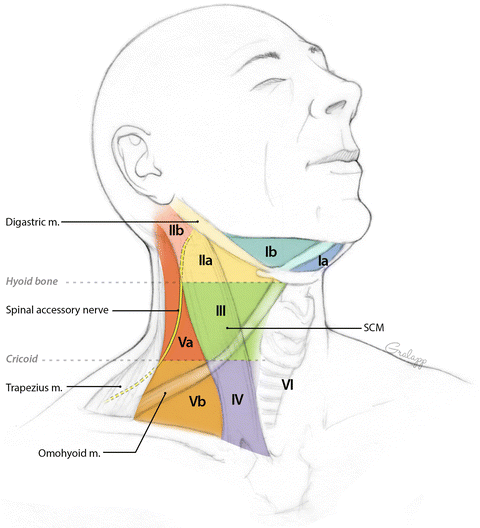

In general, treatment involves surgery, chemotherapy and/or radiation therapy. Treatment for head and neck cancer is highly varied depending on the type of cancer, its location in the neck and a patient’s overall health. What are my treatment options for head and neck cancer? Your doctor may also refer you to an ear, nose and throat (ENT) specialist for further evaluation.


If so, your doctor may order a blood test, an ultrasound scan and/or a chest X-ray. He or she will examine the location of the neck lump and learn about any additional symptoms you’re experiencing to determine if further testing for head and neck cancer is needed.
SWOLLEN NECK LYMPH NODES FULL
You’ll first consult with your primary care physician who will conduct a full physical exam. If your neck lump doesn’t go away after a few weeks, grows in size or feels hard when you press on it, schedule an appointment with your primary care physician to have the lump examined.Ī neck lump can be a sign of head and neck cancer, particularly if it is accompanied by any of the following symptoms: We have more than 100 lymph nodes in our neck and they can become swollen when our body is fighting an infection or experiencing inflammation. That’s because the most common cause of a neck lump is a swollen lymph node. Feeling a lump on your neck can be worrisome, but in the large majority of cases, these lumps aren’t cause for concern.


 0 kommentar(er)
0 kommentar(er)
